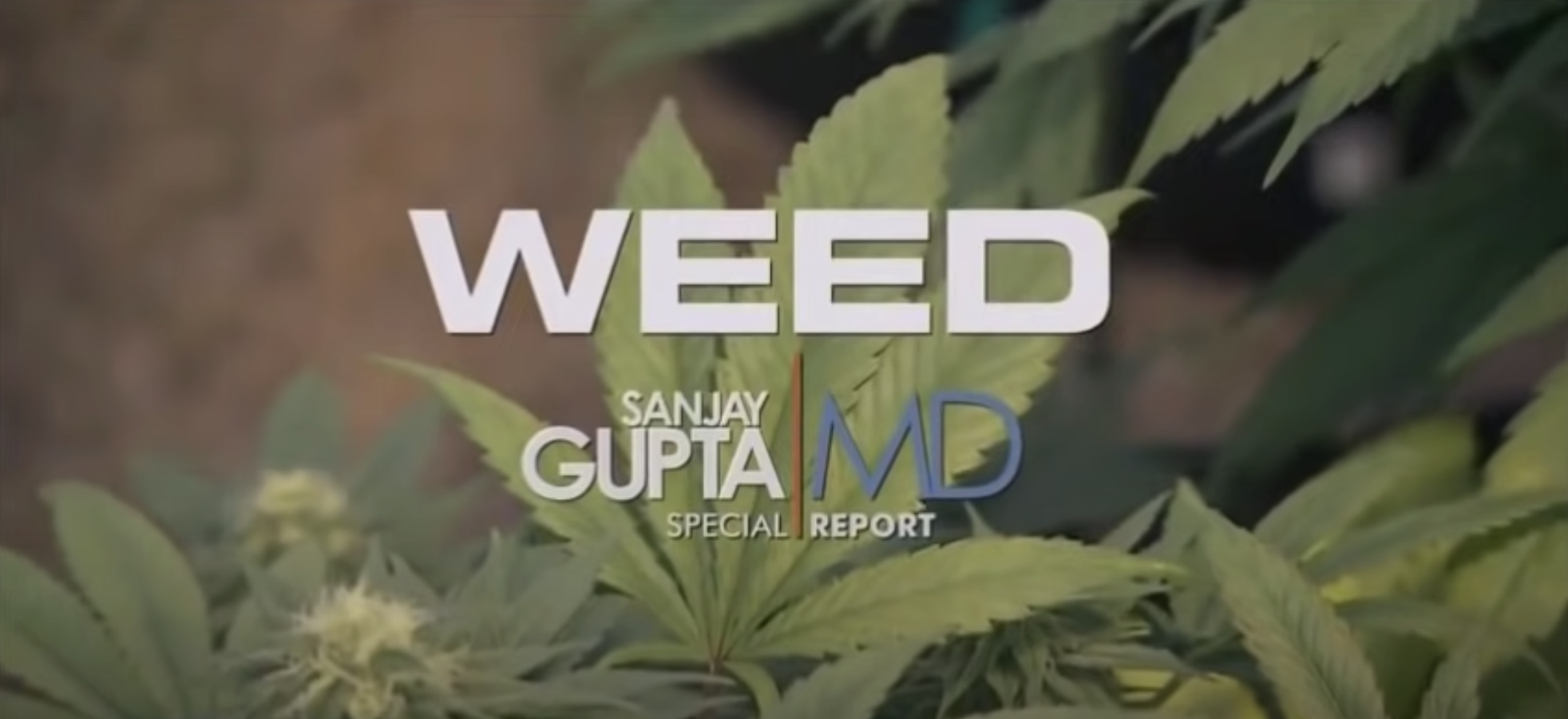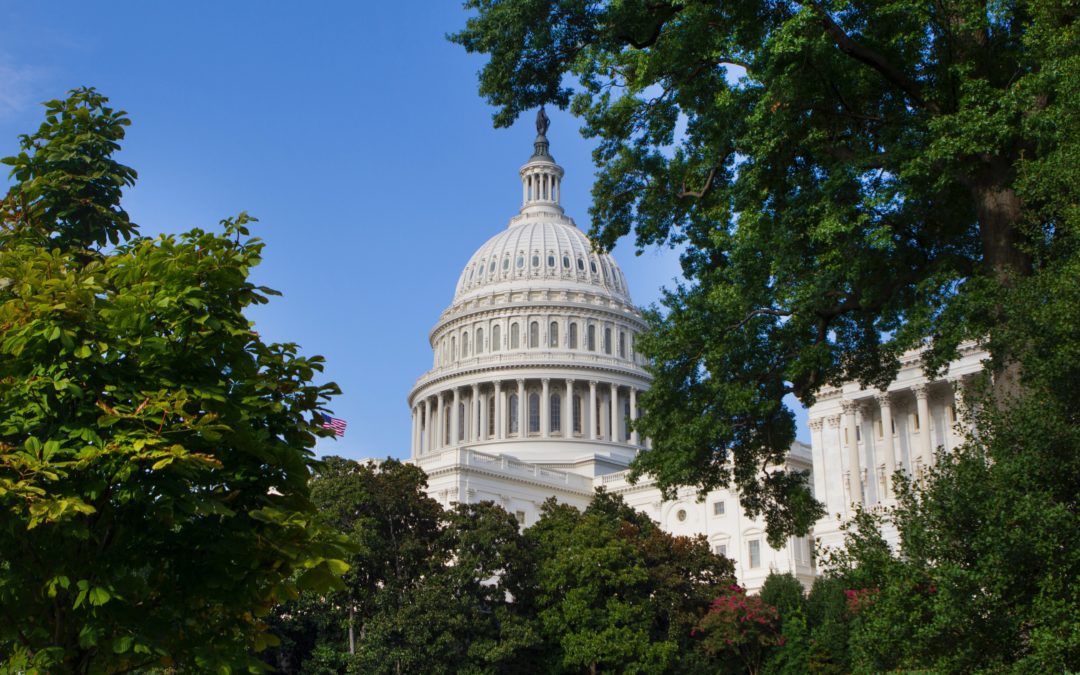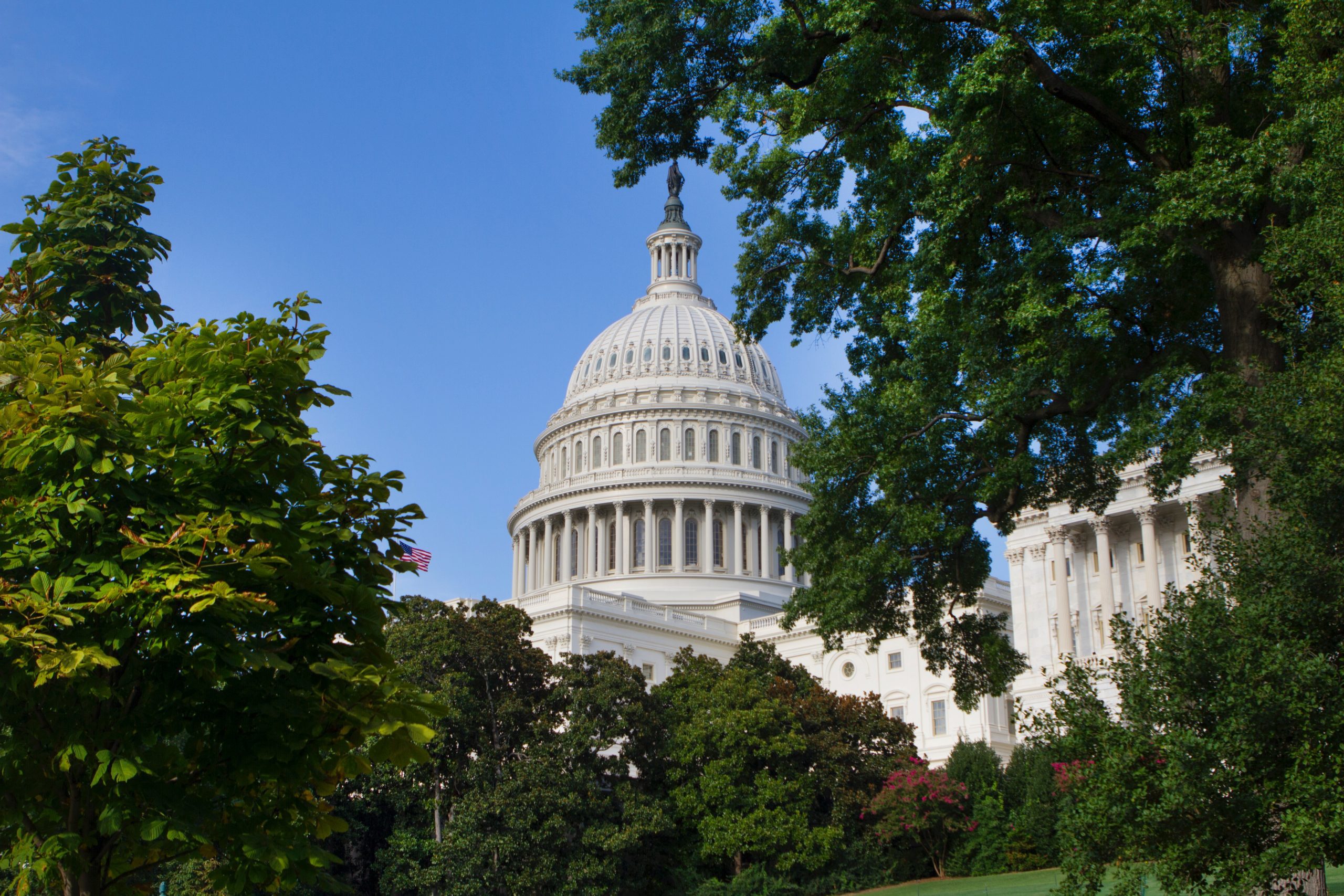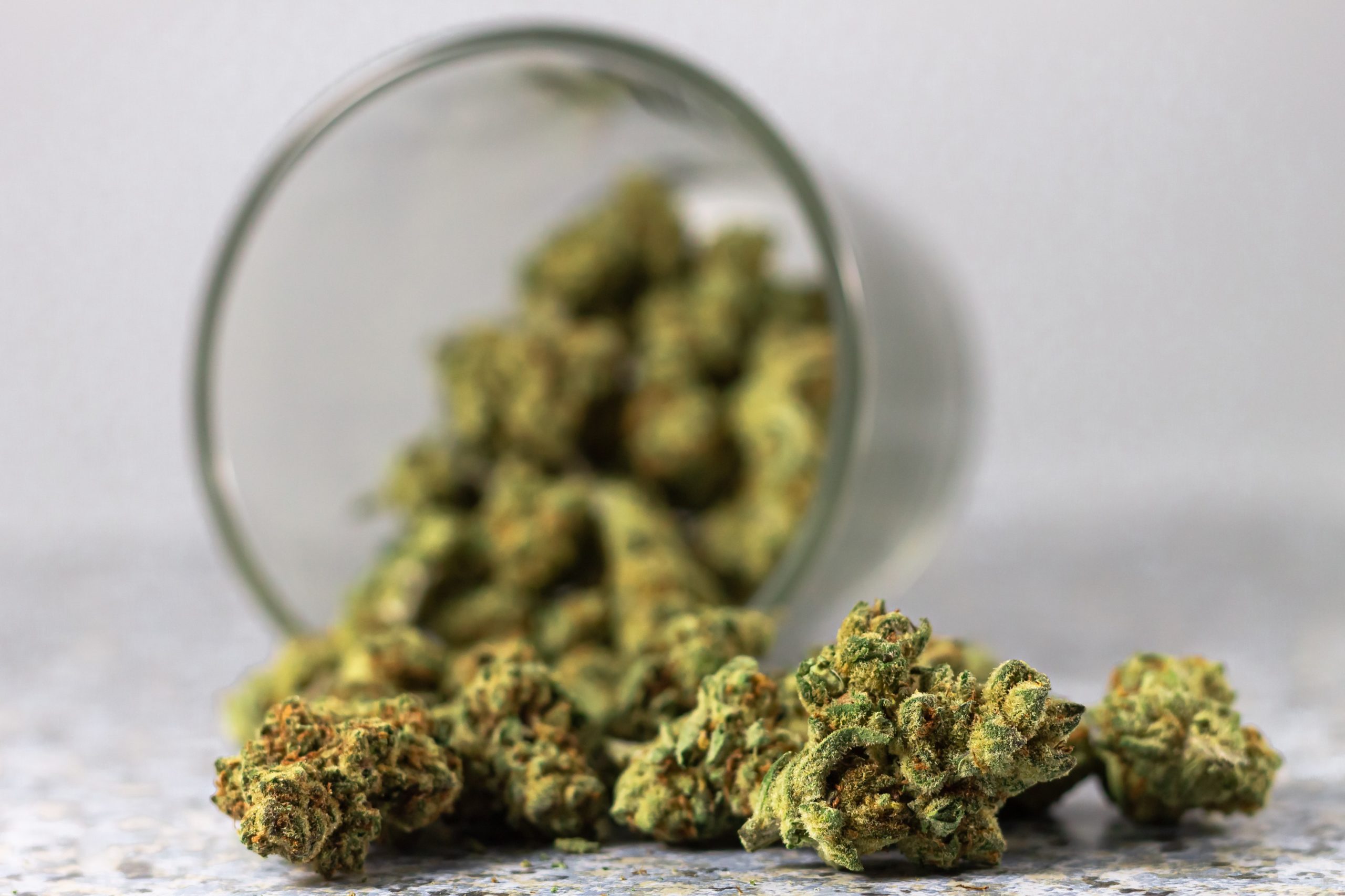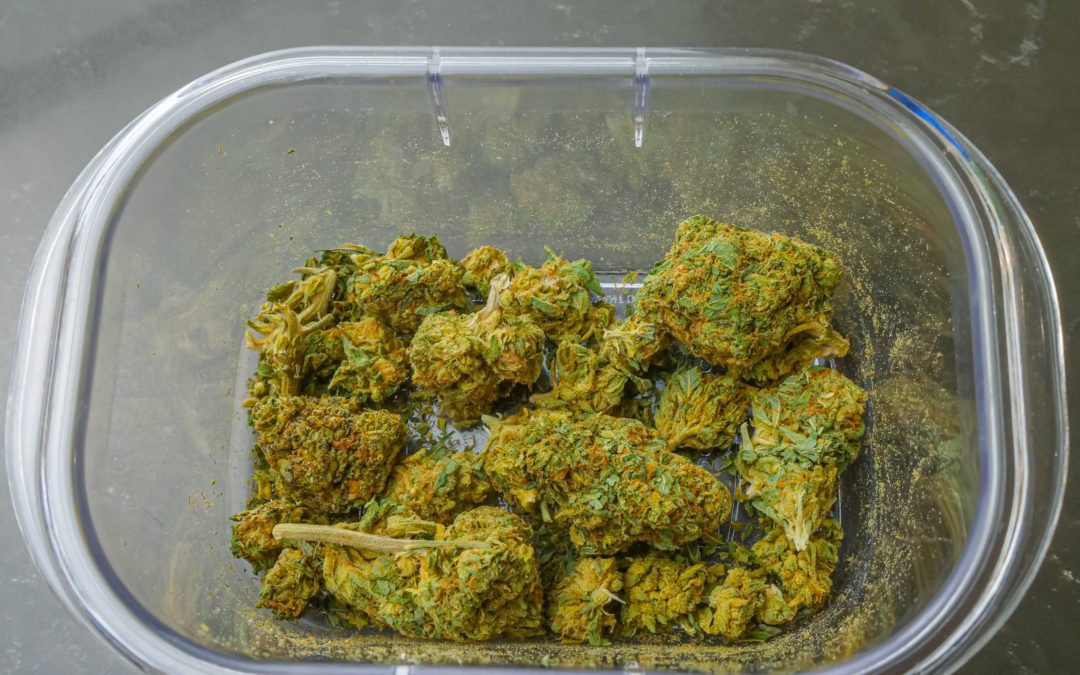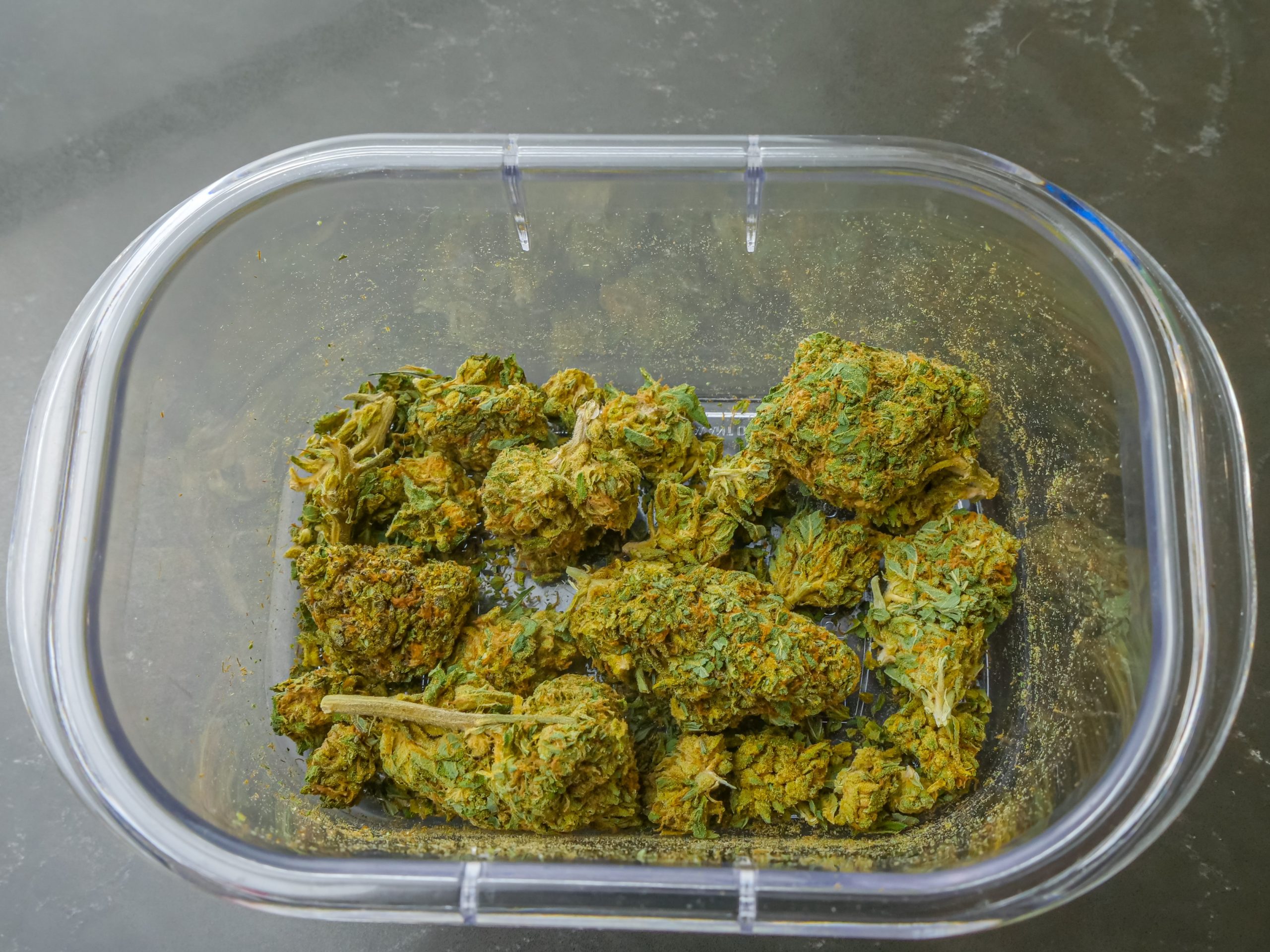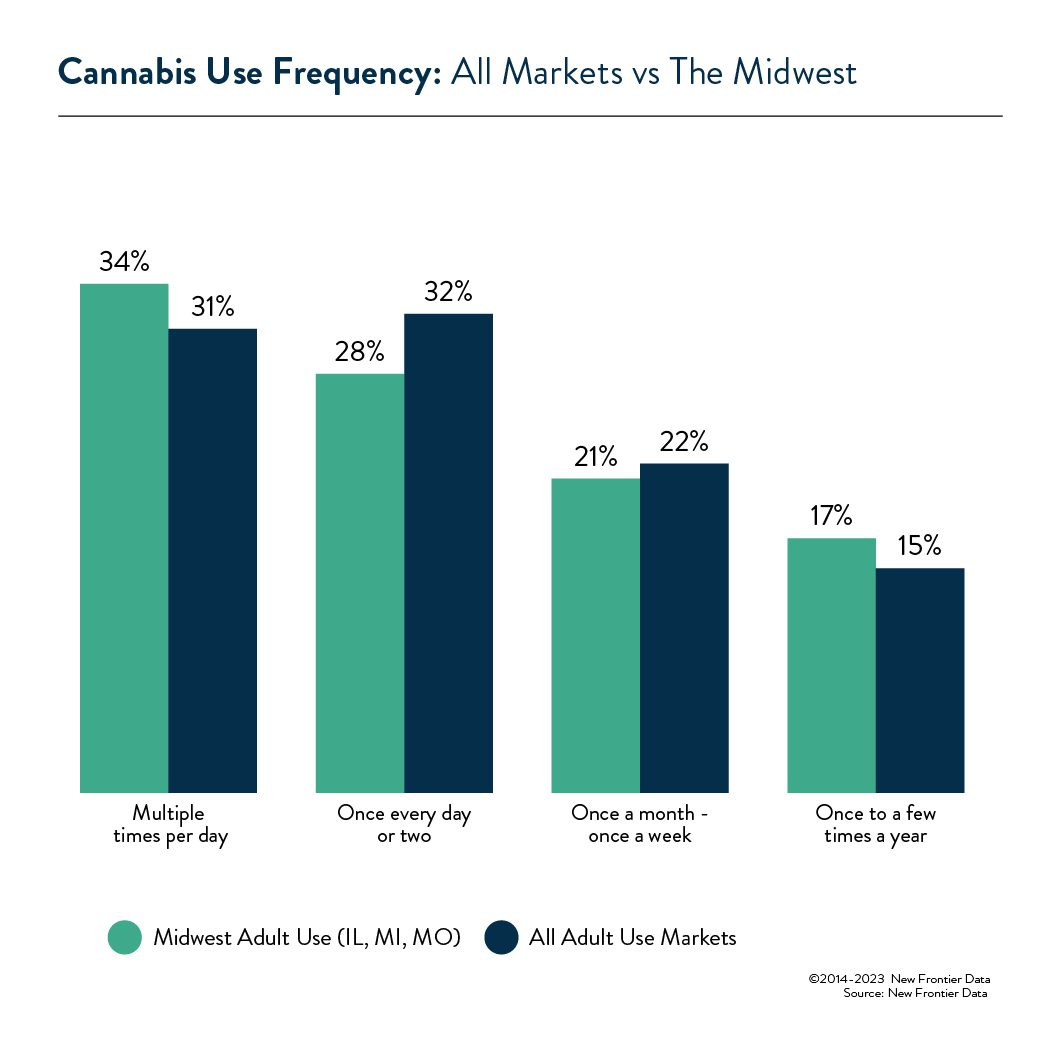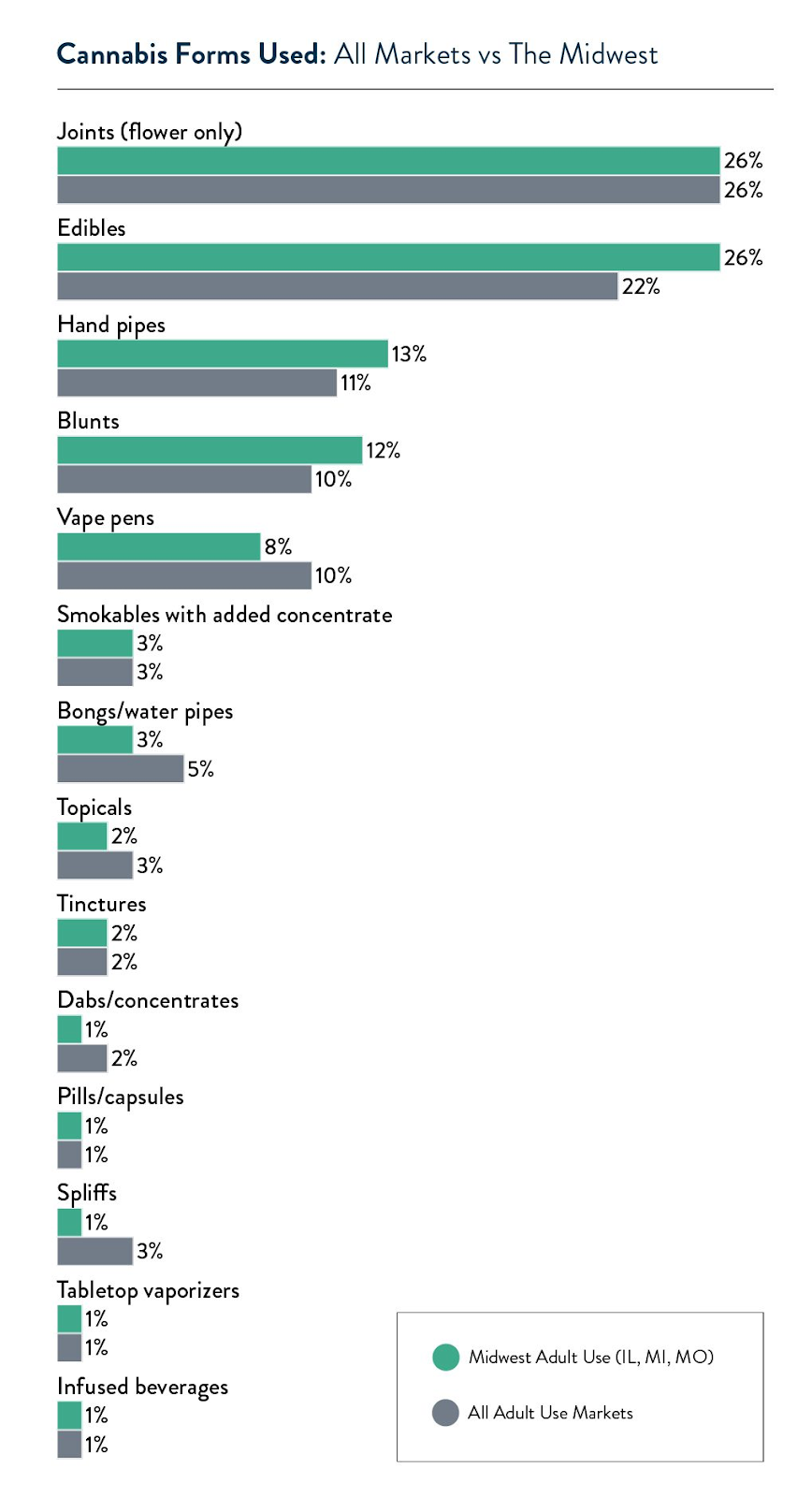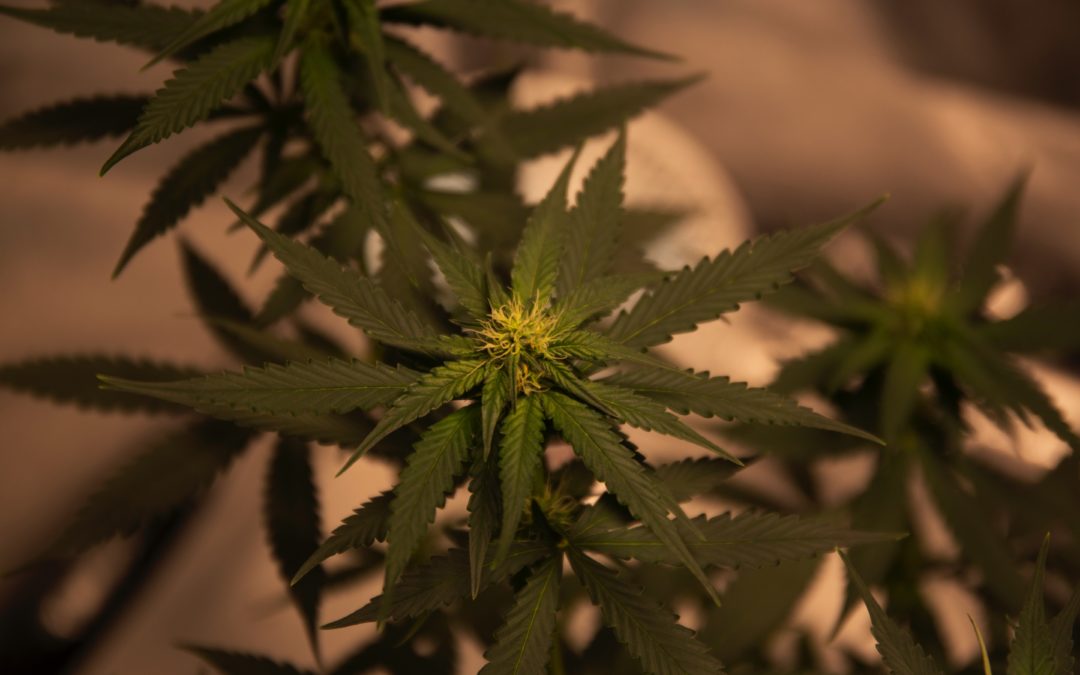
Blue Dream’s Two Decades of Influence: Unraveling the Origins and Impact
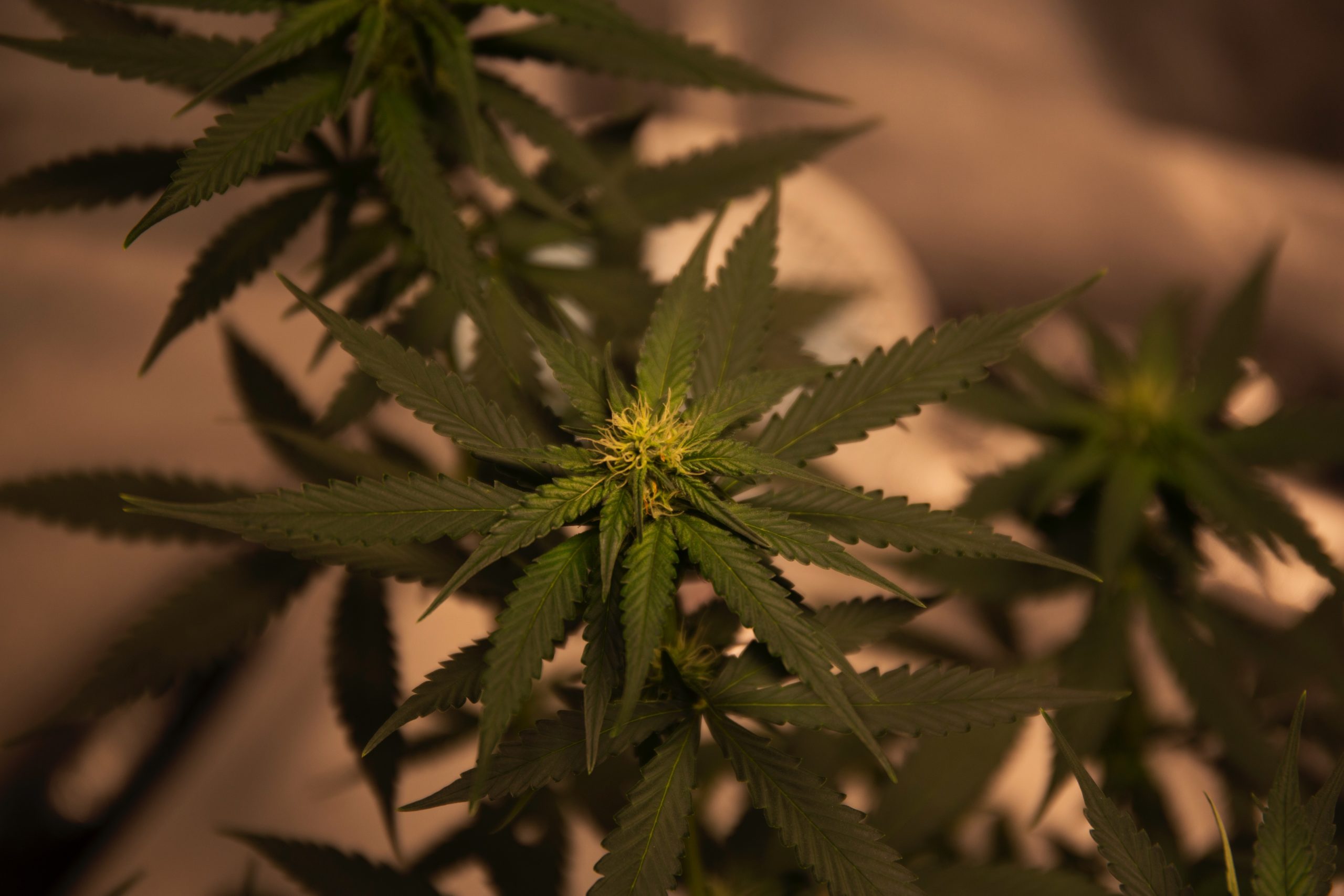
From Haze to Skunk, OG to Cookies, the cannabis market has been shaped by remarkable strains that encapsulate their respective eras. Among them, Blue Dream emerged as a defining cultivar around 2003, reigning until approximately 2011 when shifting market preferences opened the door for a new strain to take the spotlight. As we commemorate two decades of Blue Dream’s legacy, it’s intriguing to note that despite its celebrated status as the “most popular strain on the planet” at one point, there remains a surprising shroud of uncertainty surrounding its true origins and characteristics.
Unveiling Blue Dream’s Genetic Ancestry
The enigmatic origins of Blue Dream continue to mystify experts and enthusiasts alike. While the identity of its original breeder remains a mystery, a prevailing consensus exists about its genetic lineage. Renowned cannabis breeder Ed Rosenthal, as reported by Ellen Holland in her seminal piece on Blue Dream’s history for High Times, revealed that this strain is a hybrid of “Haze and DJ Short’s Blueberry.” This assertion is corroborated by various online sources. Yet, a mild debate persists regarding the specific Blueberry cultivar and the type of Haze involved. Jason Matthys, founder of Equilibrium Genetics, has disclosed that the Haze used might have been from Corralitos, hinting at the Santa Cruz Haze rather than Super Silver Haze. The subtle distinctions in these genetics cast intriguing shadows on Blue Dream’s true lineage.
Unraveling the Mystery of a “Second” Blue Dream
Whispers of not one, but two variants of Blue Dream have circulated within cannabis circles. While some argue that one version leans more toward sativa while the other veers indica, clarity eludes this speculation. Eva Erikson of Haze Valley Nursery shared insights into the rumor, suggesting that the “imposter Blue Dream” could be an offshoot bred from the original. This discrepancy might arise from the choice between DJ Short’s Blueberry and Super Silver Haze in the breeding process, or it could even reflect variations influenced by environmental factors rather than genetic differences.
Architects of Blue Dream’s Success
Unveiling the mastermind behind Blue Dream’s meteoric rise proves equally elusive. Various leads have been pursued, yet the original breeder remains concealed. Speculations abound, with some tracing its lineage to the patient group WAMM, while others highlight the hills above Bonny Doon as a probable birthplace. The cannabis community’s efforts to pinpoint the true creator have been met with intriguing dead-ends, leaving a sense of enduring mystery.
A Symphony of Flavors and Terpenes
Blue Dream’s flavor profile is a harmonious blend of its parent strains, with the Blueberry influence taking precedence over Haze. Descriptions range from simple blueberry notes to intricate comparisons with blueberry muffins, occasionally punctuated by hints of sandalwood or musk from the Haze side. Terpene analyses often reveal dominant compounds like beta myrcene, alpha pinene, and beta caryophyllene, imparting sweet, spicy, and woody aromas. Interestingly, blueberries themselves contain cineole and linalool, shedding light on the diverse bouquet within Blue Dream’s fragrance.
The Rise, Fall, and Resurgence
Blue Dream’s narrative reflects the tumultuous Green Rush era, where its popularity skyrocketed due to its ease of cultivation, high THC content, and enticing aroma. However, overproduction during this phase led to diluted quality as novice cultivators rushed the growing process. Despite encountering a decline due to this influx of subpar offerings, Blue Dream is experiencing a revival. Craig and Melanie Johnson, growers at Alpenglow Farms, concur that quality suffered due to rapid harvesting, preventing the strain from reaching its full potential. The market’s evolution since the Green Rush is breathing new life into Blue Dream, as enthusiasts seek the authentic experience of this classic cultivar.
Blue Dream’s Legacy
The story of Blue Dream, spanning two decades, is one of enduring allure and transformation. While questions linger about its genetic lineage and originator, this strain’s impact on the cannabis landscape remains undeniable. A harmonious fusion of flavors, terpenes, and effects contributed to its initial success, only to be challenged by quality concerns during the Green Rush. Now, as the cannabis industry matures, Blue Dream is poised for a triumphant resurgence, a reminder of its enduring legacy amid an ever-evolving market.
Source: High Times
EXPLORE MORE NEWS
Newsletter








